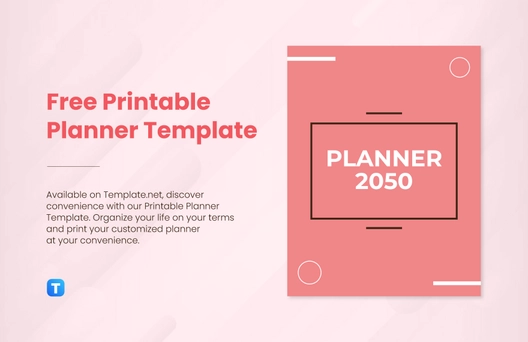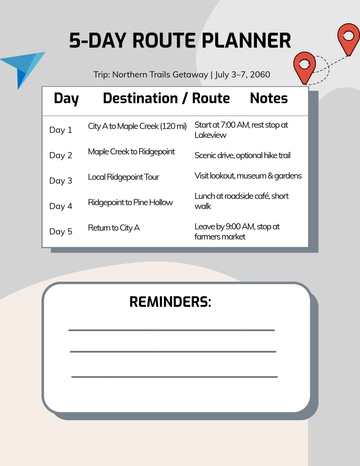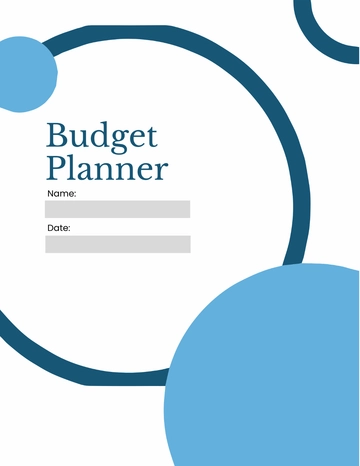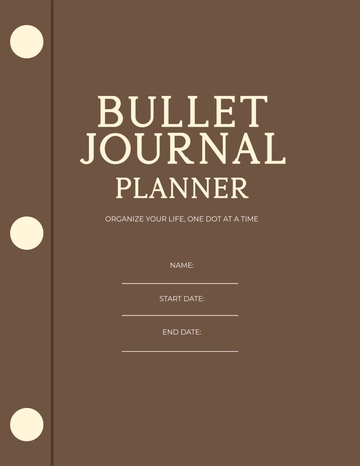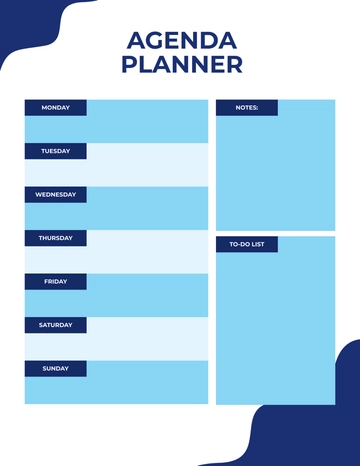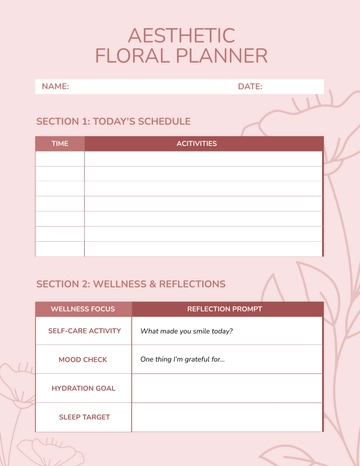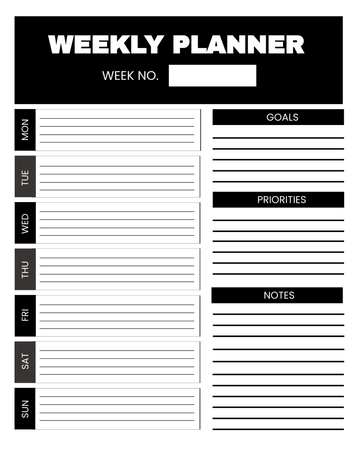Free Urban Planner Criteria
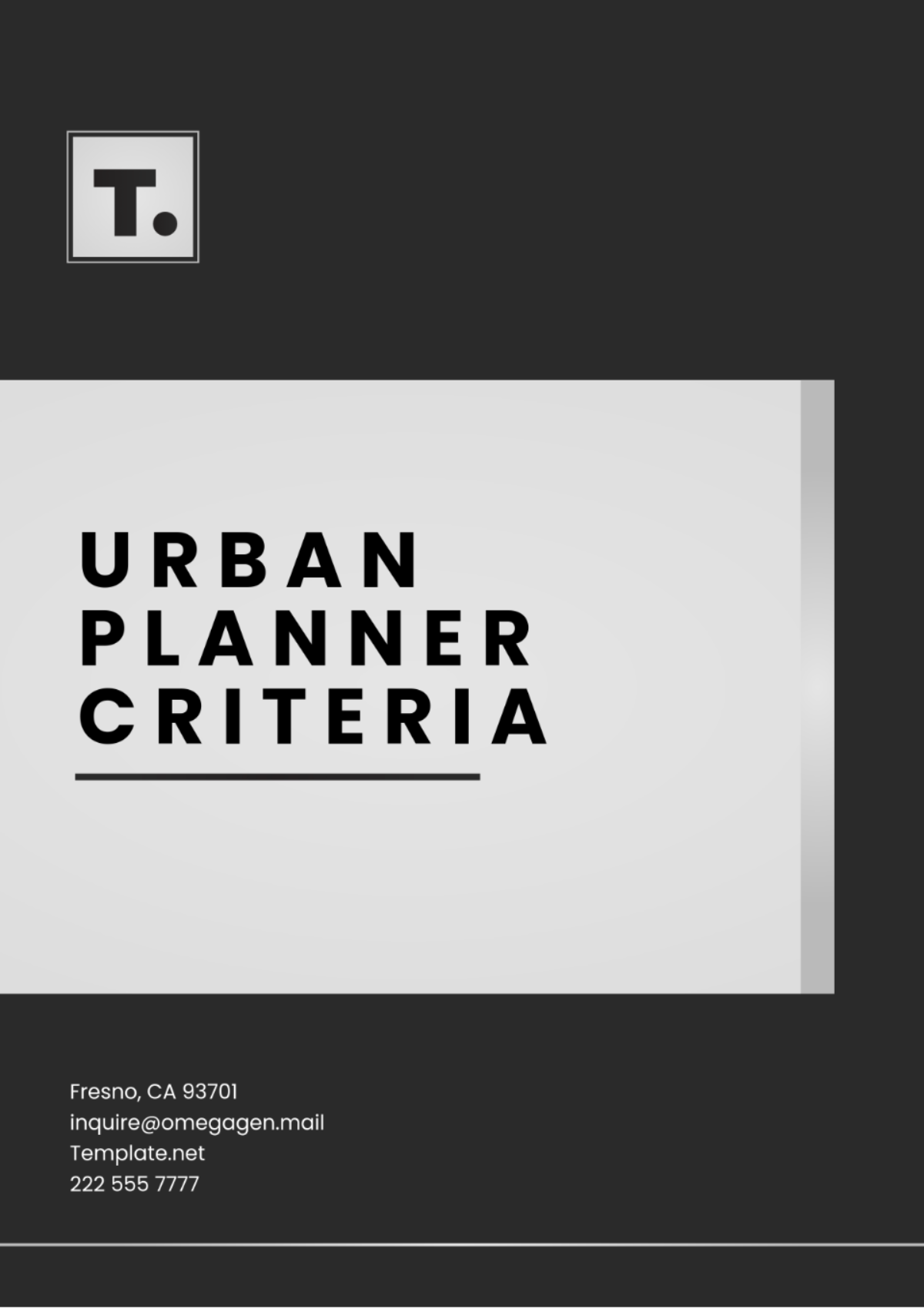
Prepared by: [YOUR NMAE]
Date: May 1, 2050
Introduction
This document establishes the criteria for evaluating urban planning projects prepared by [Your Company Name]. It provides a comprehensive guide to ensure that all proposals meet the required standards and align with the project objectives.
Purpose
The purpose of this criteria document is to outline the expectations for urban planning proposals. It aims to guide the evaluation process to ensure consistency, quality, and alignment with the project's goals.
Scope
The scope of these criteria includes:
Project Overview: A redevelopment initiative aimed at improving and transforming an urban area by introducing new residential, commercial, and public spaces.
Geographic Area: A designated site within a city or town, with defined boundaries that outline the project’s spatial limits.
Objectives: The project aims to enhance local economic activity, improve infrastructure and public facilities, create or upgrade community spaces, and incorporate sustainable practices and designs.
Standards and Principles
The following standards and principles will guide the evaluation of proposals:
Design Standards: Requirements for the design, including aesthetics, functionality, and integration with the surrounding environment.
Environmental Considerations: Criteria for environmental sustainability, impact mitigation, and compliance with regulations.
Safety Requirements: Standards related to public safety, building codes, and health regulations.
Community Impact: Considerations for how the project will affect the local community and how it addresses community needs.
Weighting and Scoring
The following table outlines the criteria for evaluating proposals, including detailed weightings and scoring ranges:
Criteria | Description | Weight (%) | Score Range |
|---|---|---|---|
Design Quality | Assessment of design aesthetics, functionality, and integration with the environment. | 30% | 1 to 10 |
Environmental Impact | Evaluation of the proposal’s environmental sustainability, impact mitigation, and regulatory compliance. | 25% | 1 to 10 |
Cost and Budget | Review of the project’s cost efficiency, budget adherence, and financial feasibility. | 20% | 1 to 10 |
Timeline and Implementation | Consideration of the proposed timeline, project milestones, and implementation strategy. | 15% | 1 to 10 |
Community Engagement | Evaluation of how well the proposal involves and addresses the needs of the community. | 10% | 1 to 10 |
Scoring Methodology
Each criterion will be scored on a scale from 1 to 10, where:
1 represents the lowest performance or compliance.
10 represents the highest performance or compliance.
Evaluation Process
The evaluation process will consist of:
Initial Screening: Preliminary review to ensure compliance with basic criteria.
Detailed Analysis: In-depth examination of each proposal according to the defined standards.
Scoring: Evaluation and scoring based on the weighting system.
Final Review: Selection of the best proposal based on overall performance and alignment with project goals.
- 100% Customizable, free editor
- Access 1 Million+ Templates, photo’s & graphics
- Download or share as a template
- Click and replace photos, graphics, text, backgrounds
- Resize, crop, AI write & more
- Access advanced editor
Streamline your hiring process with Template.net’s Urban Planner Criteria Template. This editable and customizable template is designed to highlight key qualifications, skills, and experience for urban planner roles. Tailor it effortlessly to suit your specific needs, ensuring you attract the best candidates. With a professional layout and user-friendly features, simplify your recruitment and find the ideal urban planner for your team.
You may also like
- Aesthetic Planner
- Hourly Planner
- Daily Planner
- Weekly Planner
- Monthly Planner
- Planners Yearly
- Event Planner
- Project Planner
- Calendar Planner
- Student Planner
- School Planner
- Teacher Planner
- Kawaii Planner
- Budget Planner
- Life Planner
- Meal Planner
- Study Planner
- Business
- Workout Planner
- Work Schedule Planner
- Party Planner
- Social Media Planner
- Baby Shower Planner
- Book Planner
- Planner Cover
- Debt Planner
- Desk Planner
- Diet Planner
- Family Planner
- Fitness Planner
- Goal Planner
- Health Planner
- Medical Planner
- Holiday Planner
- Homework Planner
- Itinerary Planner
- Journal Planner
- Personal Planner
- Route Planner
- Smart Goal Planner
- Travel Planner
- Wedding Planeer
